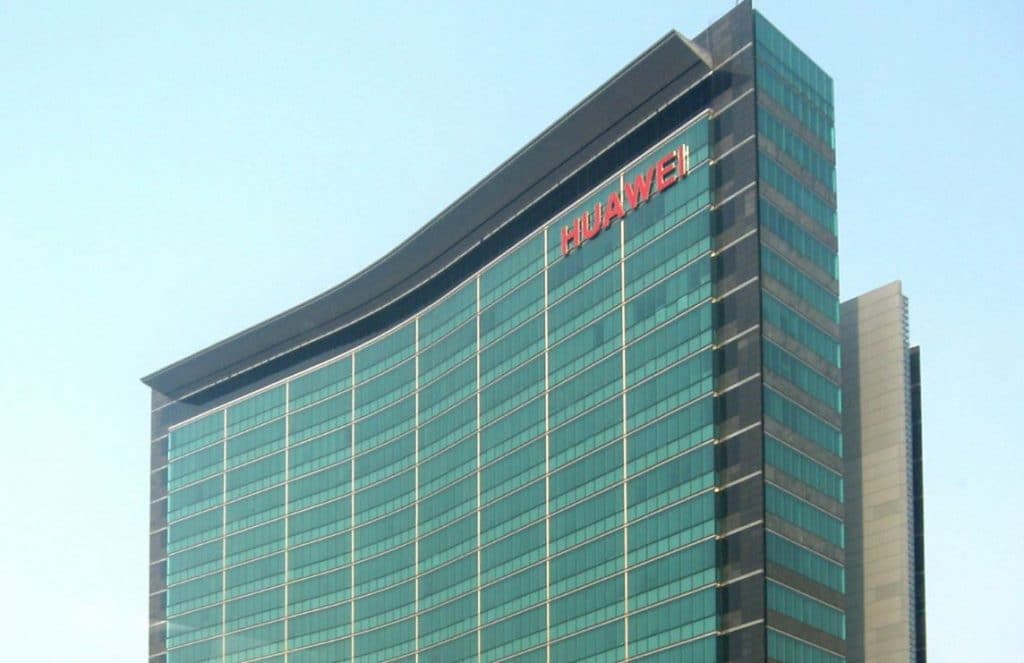 TheTechMedia.com/wp-content/uploads/2020/10/razorpay-founders-latest-the-tech-portal-300×204.jpg 300w, https://TheTechMedia.com/wp-content/uploads/2020/10/razorpay-founders-latest-the-tech-portal-768×521.jpg 768w, https://TheTechMedia.com/wp-content/uploads/2020/10/razorpay-founders-latest-the-tech-portal-800×543.jpg 800w, https://TheTechMedia.com/wp-content/uploads/2020/10/razorpay-founders-latest-the-tech-portal-1160×787.jpg 1160w, https://TheTechMedia.com/wp-content/uploads/2020/10/razorpay-founders-latest-the-tech-portal.jpg 1195w” sizes=”(max-width: 1024px) 100vw, 1024px”>
TheTechMedia.com/wp-content/uploads/2020/10/razorpay-founders-latest-the-tech-portal-300×204.jpg 300w, https://TheTechMedia.com/wp-content/uploads/2020/10/razorpay-founders-latest-the-tech-portal-768×521.jpg 768w, https://TheTechMedia.com/wp-content/uploads/2020/10/razorpay-founders-latest-the-tech-portal-800×543.jpg 800w, https://TheTechMedia.com/wp-content/uploads/2020/10/razorpay-founders-latest-the-tech-portal-1160×787.jpg 1160w, https://TheTechMedia.com/wp-content/uploads/2020/10/razorpay-founders-latest-the-tech-portal.jpg 1195w” sizes=”(max-width: 1024px) 100vw, 1024px”>India’s fledgling startup culture is blooming, with new unicorns popping up so often, you’d think it’s a showing of ‘My Little Pony’. This sudden growth has attracted the attention of investors worldwide, and the most recent to benefit from this phenomena is Razorpay. The Bangalore-based firm, which is only 6 year old, has hit a valuation of a whopping $3 billion in its most recent round of financing. What makes this feat more impressive (apart from the $3Bn of course) is that the same company had become the first Indian startup backed by the American seed money startup accelerator Y Combinator to successfully hit a valuation of $1 billion back at the end of last year, less than half an year ago.
The company said in a statement on Monday that the valuation comes as it raised $160 million during its Series E round. This follows the Series D round back in October last year, where Razorpay had successfully raised $100 million and reached a valuation of a little over $1 billion. Most of the investors in the latest round happen to be the company’s existing backers, including GIC, the sovereign wealth fund from Singapore, and Sequoia Capital India. Some fresh investors like Ribbit Capital, also participated.
Initially launched as an alternative of sorts to the likes of Stripe, which mostly caters to the markets in the US and other developed nations, Razorpay is designed to perform many of the same basic functions, particularly for small businesses and enterprises, such as accepting, processing, and disbursing, money and payments. However, it is also capable of carrying out many other value added services, from neobanking (which allows the issuing of corporate credit cards), to automated vendor payments and GST invoicing. It even provides business capital to startups.
Today, Razorpay serves over 5 million companies, both big and small, and carries out their payment transactions. These companies include the likes of Airtel, CRED, Facebook, Swiggy, and Ola.
The payment front of the startup is growing rapidly, as per co-founder Mathur, and the company is now seeking to make its new offerings more robust. In fact, Razorpay X, the neobanking platform, has already reached out to some 15,0000 customers, as opposed to around 5,000 companies that availed its benefits 6 months ago, in October. On the other end, Razorpay Capital, the front that provides capitals to businesses, is providing up to $80 million to new and emerging startups.
The next goal, according to Mathur, is to strengthen the company further in the coming three years, and then possibly consider going for a public listing. He said, “If it was just the payments processing business, we could go public right now. But our ambitions are beyond — to become the full ecosystem for businesses. And on those new sides (neobanking and lending), we are early.”
If the company continues to grow like it has been doing, the dream of an IPO might become a reality very soon. The marquee offering has seen a steady growth of 40-50 percent, month on month, for the past six months, and the company says that it plans to plans to process a total payment volume of ₹50 billion by the end of the year. It also currently has over 600 open positions, especially in the markets in Southeast Asia.











